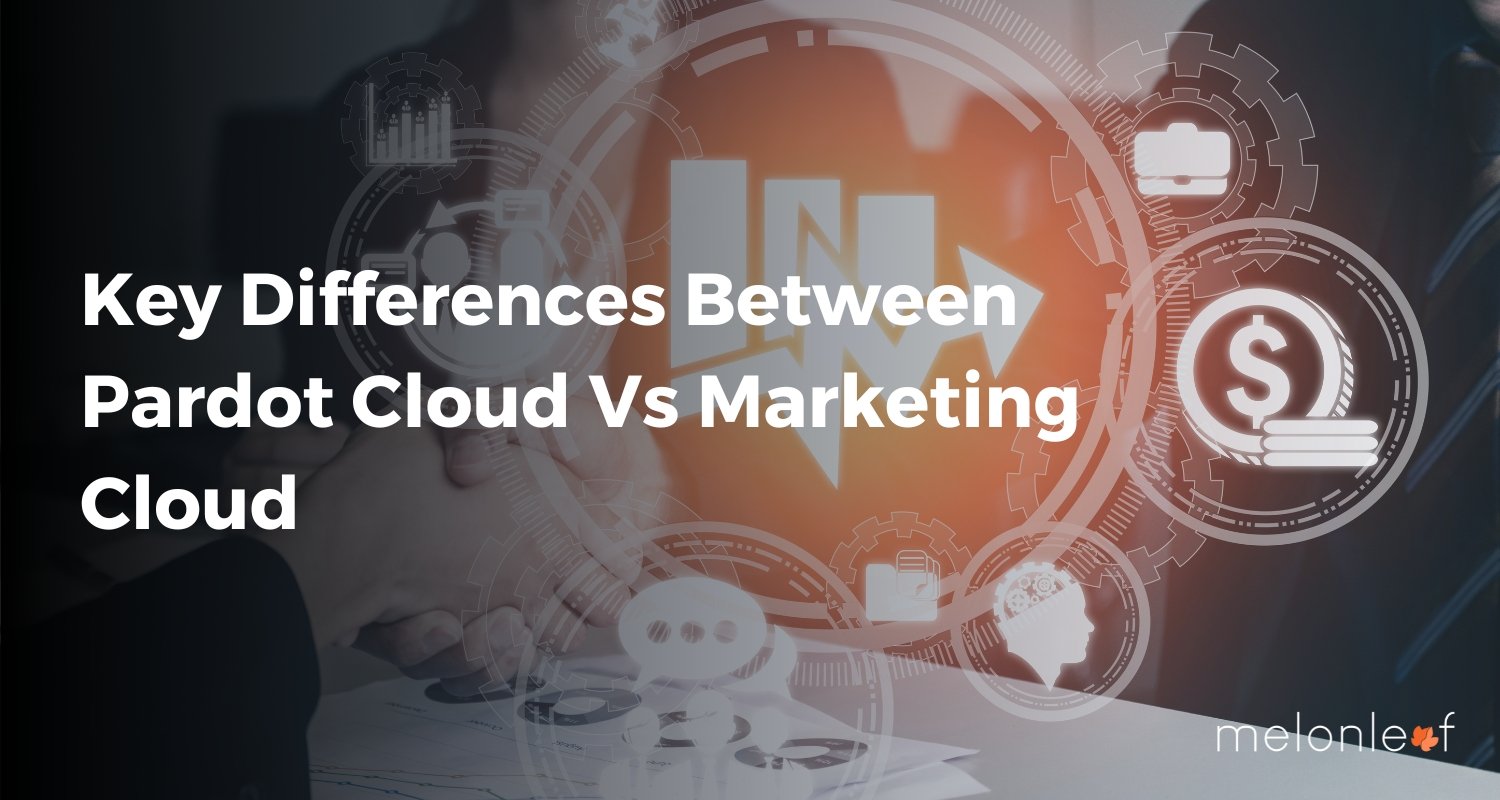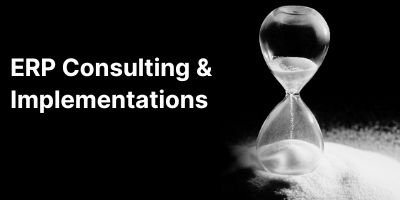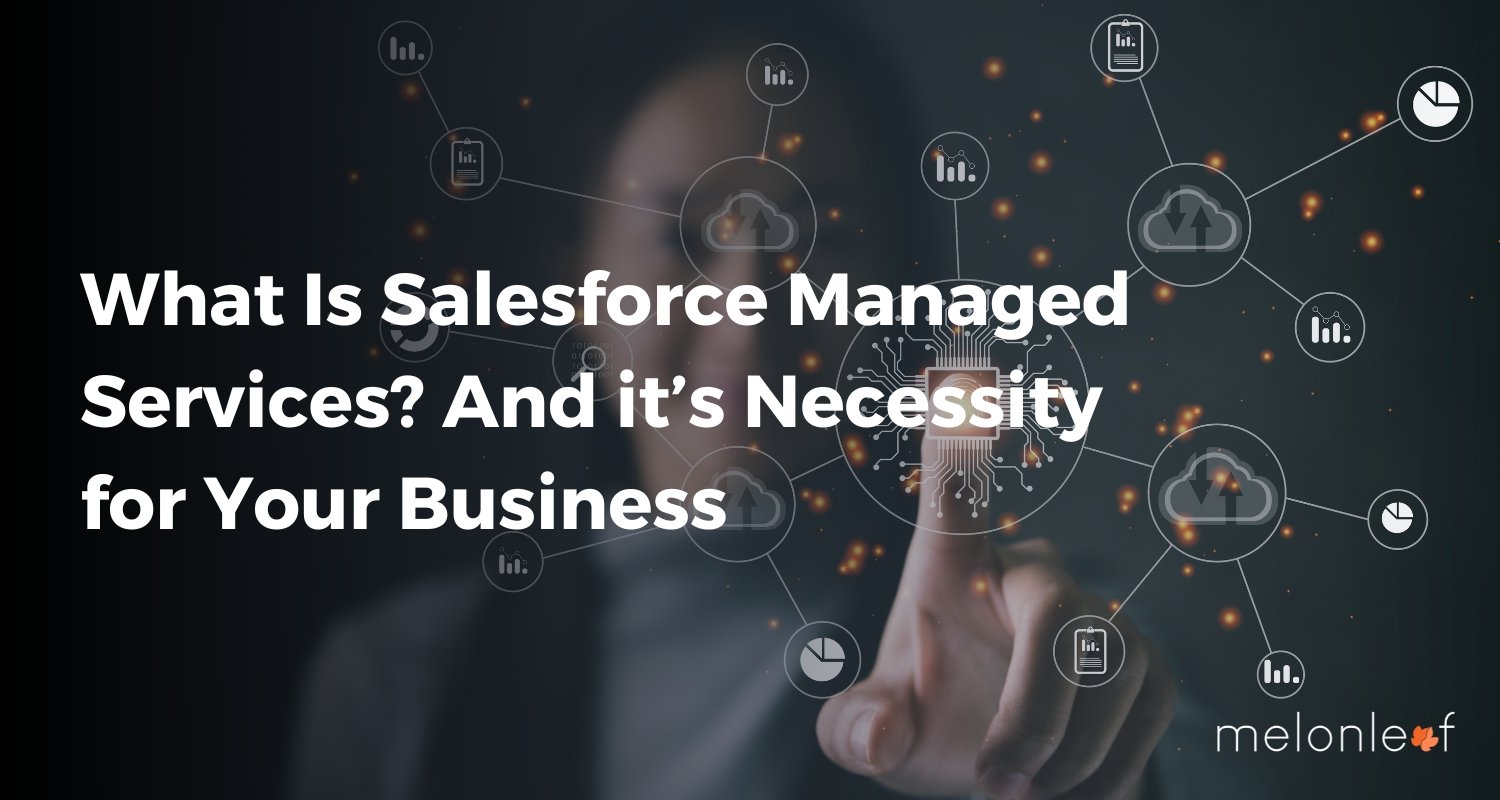
Key Differences Between Pardot Cloud Vs Marketing Cloud
Welcome to the ultimate face-off: Salesforce Pardot vs. Marketing Cloud. Pardot, now Salesforce Marketing Cloud Account Engagement, is your go-to for B2B connections, pipeline cultivation, and sales supercharging.
In the left corner, Pardot excels in B2B orchestration – aligning marketing and sales, managing leads, and executing targeted campaigns. On the right, Marketing Cloud is the all-in-one suite for seasoned marketers, rocking multi-channel spectacles, including social, SMS, and texts.
In this guide, we'll break down Pardot and Marketing Cloud features, spotlighting the critical role of choosing the right marketing automation platform. But first, let's tackle the elephant in the room – automation. The industry is booming, slated to hit $9.5 billion by 2027.
Salesforce Pardot and Marketing Cloud aren't just names; they're powerful tools for amplifying lead generation and customer engagement. As we unravel their intricacies, we'll answer burning questions:
Is there a difference?
Which suits your organisation?
Stick around, and we'll spill the beans. It's time to decode the cloud maze and elevate your marketing game!
What Is Salesforce Pardot Cloud
In the world of business-to-business (B2B) marketing, Salesforce Pardot Cloud provides marketing automation for businesses. In addition to its CRM capabilities, it is part of the Salesforce ecosystem. Ultimately, Pardot facilitates the automation and streamlining of various marketing processes, resulting in a more effective and efficient B2B marketing strategy.
Here's a brief overview of key features and functionalities of Salesforce Pardot Cloud:
Lead Management: Pardot allows businesses to effectively manage leads throughout the entire lifecycle. It includes features such as lead scoring, grading, and nurturing, helping marketing and sales teams prioritize and focus on the most promising leads.
Email Marketing: The platform facilitates targeted and personalized email campaigns. Users can create and automate email marketing efforts, track engagement, and analyze results to refine their strategies.
Campaign Management: Pardot enables the creation and management of marketing campaigns with a focus on B2B dynamics. It provides tools for designing, launching, and tracking campaigns across various channels.
Sales and Marketing Alignment: One of Pardot's strengths is its integration with Salesforce CRM. This integration ensures seamless communication between marketing and sales teams, fostering collaboration and improving the overall lead-to-opportunity conversion process.
Forms and Landing Pages: The platform allows users to create customised forms and landing pages to capture lead information. This helps in expanding the database and initiating engagement with potential customers.
Social Media Integration: Pardot supports social media integration, enabling marketers to incorporate social channels into their campaigns. This includes social posting and tracking to enhance overall engagement.
It's important to note that Salesforce has rebranded Pardot, and it is referred to as "Salesforce Marketing Cloud Account Engagement." However, the core focus on B2B marketing automation remains unchanged, and the platform continues to evolve to meet the dynamic needs of modern marketing strategies.
What Is Salesforce Marketing Cloud?
Salesforce Marketing Cloud is a full-service digital marketing platform provided by Salesforce, a prominent provider of customer relationship management (CRM) solutions. It is intended to help firms create, execute, and manage personalised and data-driven marketing campaigns across many platforms. Salesforce Marketing Cloud is adaptable and meets both business-to-business (B2B) and business-to-consumer (B2C) marketing requirements, making it a strong option for a wide range of sectors.
Key features and capabilities of Salesforce Marketing Cloud include:
Email Marketing: Design and send personalized and targeted email campaigns. Track engagement metrics and use insights to optimize future email communications.
Journey Builder: Create and visualize customer journeys across various touchpoints, allowing for the automation of personalized interactions based on customer behaviour and preferences.
Social Media Marketing: Manage and schedule social media posts across different platforms. Track social engagement and integrate social data into the overall marketing strategy.
Advertising Studio: Run targeted advertising campaigns across digital channels. Utilize customer data to create more personalized and effective ads.
Mobile Marketing: Engage with customers through mobile channels, including SMS and push notifications. Create mobile-responsive campaigns to reach audiences on the go.
Web Personalization: Tailor website content based on customer behaviour and preferences, providing a more personalized and relevant online experience.
Analytics and Reporting: Gain insights into campaign performance with robust analytics and reporting tools. Measure key metrics and assess the impact of marketing efforts.
Integration with Salesforce CRM: Seamlessly connect Marketing Cloud with Salesforce CRM to ensure alignment between marketing and sales activities. This integration allows for a unified view of customer interactions.
Data Management and Personalization: Leverage customer data to create personalized and targeted marketing campaigns. Ensure data security and compliance with privacy regulations.
Content Management: Manage and organize marketing content, including images, videos, and documents, for use in various campaigns.
Salesforce Marketing Cloud is designed to provide a holistic and integrated approach to digital marketing. By offering a wide range of tools and functionalities, it enables businesses to deliver consistent and personalized experiences across the entire customer journey.
Key Differentiator Between Salesforce Pardot Cloud and Salesforce Marketing Cloud
Salesforce Pardot Cloud
Primary Focus
Salesforce Pardot Cloud is the go-to solution for businesses immersed in B2B marketing. Its primary focus is on streamlining and automating B2B marketing processes to enhance lead generation, scoring, and sales alignment.
Target Audience
Tailored for B2B marketers, Pardot is ideal for those navigating the intricacies of B2B marketing dynamics. It caters to businesses looking to optimize their lead management specifically within a B2B context.
Lead Management
Pardot shines in specialized lead management functionalities. It offers advanced lead scoring, grading, and nurturing tailored for B2B scenarios. This allows marketers to prioritize and engage with leads effectively.
Campaign Management
Geared towards B2B campaign dynamics, Pardot excels in crafting and executing targeted campaigns that resonate with B2B audiences. It ensures precision in messaging and engagement within the B2B marketing landscape.
Integration with CRM
Pardot seamlessly integrates with Salesforce CRM, ensuring a unified approach to B2B marketing and sales alignment. This integration facilitates a smooth transition of leads from marketing to sales.
Social Media Focus
While Pardot acknowledges the significance of social media, its emphasis is more on B2B-centric marketing channels. It provides basic social media capabilities but is not as robust as Marketing Cloud in this domain.
Scope of Automation
Pardot's automation capabilities are tailored to the B2B landscape, with a specific focus on marketing and sales alignment. It streamlines processes related to lead nurturing, scoring, and engagement in a B2B context.
Email Marketing
Pardot is designed to excel in B2B-centric email campaigns. It allows for the creation and automation of targeted email communications, ensuring that messaging aligns with the specific needs and behaviours of B2B audiences.
Multi-Channel Support
Pardot, while recognizing the importance of multi-channel engagement, is more focused on specific marketing channels relevant to B2B. It provides support for essential channels but may not be as extensive as Marketing Cloud in this aspect.
Mobile Marketing
Pardot's emphasis on mobile marketing is somewhat limited compared to other channels. While it supports mobile-responsive designs, it may not offer the same depth of capabilities as in other areas.
Salesforce Marketing Cloud
Primary Focus
Salesforce Marketing Cloud is an expansive platform designed to cater to the diverse needs of both B2B and B2C marketing landscapes. It offers a holistic approach, encompassing a wide array of marketing channels and strategies.
Target Audience
Marketing Cloud casts a broader net, accommodating marketers operating in both B2B and B2C spheres. This versatility makes it a preferred choice for organizations with varied marketing needs spanning different industries and customer segments.
Primary Focus
Salesforce Marketing Cloud is an expansive platform designed to cater to the diverse needs of both B2B and B2C marketing landscapes. It offers a holistic approach, encompassing a wide array of marketing channels and strategies.
Social Media Focus
Marketing Cloud takes social media marketing to the next level. It offers comprehensive tools for social media engagement, advertising, and analytics, making it a powerhouse for organizations heavily invested in social channels, both in B2B and B2C contexts.
Integration with CRM
Marketing Cloud also integrates seamlessly with Salesforce CRM but extends its integration capabilities to address the broader spectrum of marketing activities across both B2B and B2C realms. This integration provides a consolidated view of customer interactions.
Campaign Management
Marketing Cloud boasts versatile campaign management, accommodating the intricacies of campaigns in both B2B and B2C scenarios. This flexibility enables marketers to orchestrate campaigns tailored to specific industry nuances and customer behaviors.
Multi-Channel Support
Marketing Cloud stands out in its comprehensive support for multi-channel engagement. From email and social media to mobile and advertising, it covers a wide spectrum of channels, making it a versatile choice for marketers operating in diverse environments.
Email Marketing
Marketing Cloud extends its email marketing capabilities to both B2B and B2C scenarios. It empowers marketers to create personalized and targeted email campaigns that resonate with audiences across various industries and customer segments.
Scope of Automation
Marketing Cloud offers extensive automation capabilities designed to address the diverse needs of modern marketing. From personalized email automation to multi-channel campaign automation, it caters to the complexities of both B2B and B2C marketing strategies.
Lead Management
Marketing Cloud, while still proficient in lead management, extends its capabilities to accommodate the nuances of both B2B and B2C lead nurturing. It provides a unified approach to managing leads across diverse market segments.
Salesforce Pardot Vs Salesforce Marketing Cloud - Which One Is Better?
The choice between Salesforce Pardot Cloud and Marketing Cloud ultimately depends on your organization’s specific marketing goals, target audience, and the nature of your business. Here are some considerations to help you decide which platform may be more suitable for your needs
Choose Pardot Cloud If:
B2B Focus: If your primary focus is on business-to-business (B2B) marketing, Pardot is designed specifically for this niche. It excels in B2B lead management, alignment with sales, and automation tailored to the B2B buying cycle.
Sales and Marketing Alignment: Pardot is particularly strong in facilitating collaboration between sales and marketing teams. If seamless integration with Salesforce CRM and a shared approach to lead management are crucial for your organization, Pardot is a solid choice.
Lead Nurturing: If your marketing strategy heavily relies on lead nurturing, scoring, and grading in a B2B context, Pardot’s specialized features in this area can be a valuable asset.
Simplicity and Ease of Use: Pardot is known for its user-friendly interface and ease of use. If you prefer a platform that is relatively easy to set up and manage, especially for B2B campaigns, Pardot may be a suitable option.
Choose Marketing Cloud If
Versatility Across B2B and B2C: If your organization operates in both B2B and business-to-consumer (B2C) markets, or if you anticipate expanding into diverse marketing channels, Marketing Cloud provides a more versatile solution.
Comprehensive Multi-Channel Marketing: If your marketing strategy involves a wide range of channels, including social media, email, mobile, and advertising, Marketing Cloud offers extensive tools and capabilities for managing multi-channel campaigns.
Advanced Social Media Marketing: If social media is a key component of your marketing efforts, Marketing Cloud’s robust social media marketing and advertising features can be a significant advantage.
Holistic Marketing Automation: If your marketing automation needs span various channels and require a more comprehensive approach, Marketing Cloud’s broader set of automation capabilities may align better with your requirements.
Large Marketing Team and Resources: Marketing Cloud is suitable for organizations with established marketing departments and the bandwidth to create, tailor, and analyze digital ads, emails, and other assets across multiple channels.
Conclusion
As we reach the finale of our exploration into Salesforce Pardot Cloud and Marketing Cloud, the spotlight now turns to the expansive capabilities of Marketing Cloud. For those eager to delve deeper, check out our Marketing Cloud Guide here, a roadmap through its versatile features catering to both B2B and B2C marketers.
Curious about the intricate brushstrokes that make Marketing Cloud a force to be reckoned with? Discover the secrets in our Feature and Benefit Blog here, unravelling the tools that paint a vibrant picture of customer engagement and campaign success.
Armed with insights into both Pardot and Marketing Cloud, may these resources serve as your compass in your Marketing Cloud journey. Whether you sway towards Pardot’s focused rhythm or waltz into the expansive ballroom of Marketing Cloud, your decision is now an informed, strategic dance towards marketing excellence. Happy exploring!
-
Previous Post
A Complete Overview to Salesforce Pardot Cloud
Post a comment Cancel reply
Related Posts
15 Ways Custom Integration Boosts Your Business Efficiency
15 Ways Custom Integration Boosts Your Business Efficiency As a visionary CTO or Director of…
15 Tips to Hire the App Development Company
15 Tips to Hire the Ideal App Development Company In the world of AppExchange app…
A Complete Overview to Salesforce Pardot Cloud
A Complete Overview to Salesforce Pardot Cloud In the dynamic landscape of modern business, optimizing…
What Is Salesforce Managed Services? It’s Pros and Cons for Your Business
What Is Salesforce Managed Services? And it’s Necessity for Your Business You’ve adopted Salesforce, but…


















